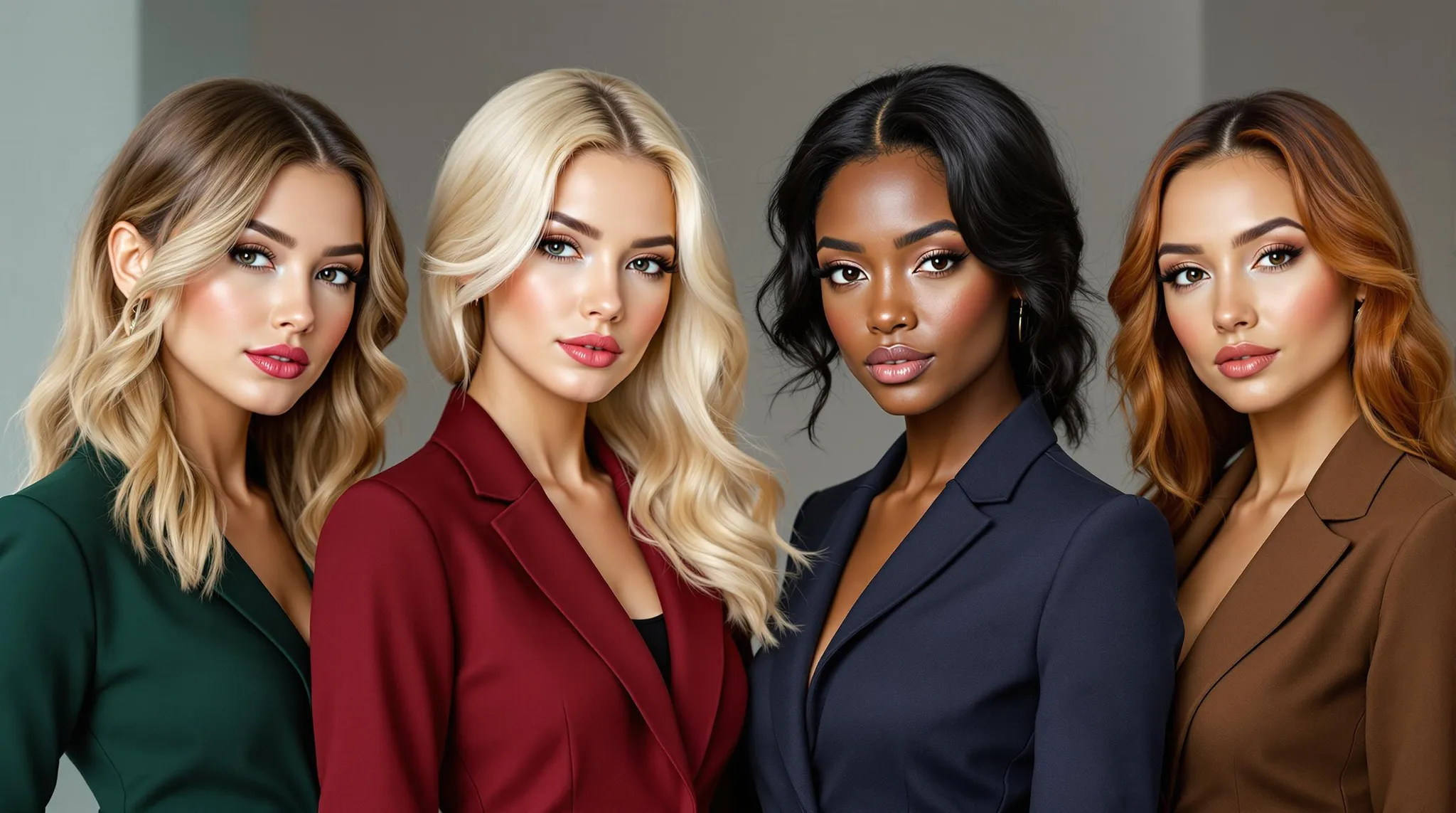
Color analysis is a systematic approach to determining which colors best complement your natural features, including your skin tone, hair color, and eye color. This practice helps you create a wardrobe and makeup palette that enhances your natural beauty and makes you look your best.
The History of Color Analysis
The journey of color analysis spans nearly a century, with several key developments:
Early Beginnings (1920s-1930s)
- Johannes Itten: The Swiss artist and Bauhaus teacher first introduced the concept of seasonal color palettes in the 1920s
- Faber Birren: An American color consultant who published "Color Psychology and Color Therapy" in 1934, laying groundwork for personal color analysis
The 1970s Revolution
- Suzanne Caygill: Developed the first comprehensive color analysis system in the 1970s
- Carole Jackson: Published "Color Me Beautiful" in 1980, popularizing the Four Seasons system worldwide
- Mary Spillane: Created the "Color Me Confident" system, adding more nuance to seasonal analysis
Modern Developments
- 12 Season Color Analysis: An expanded system that further divides each season into three subcategories
- Digital Color Analysis: The rise of online tools and apps for color analysis
- Scientific Approach: Integration of color theory with skin science and undertone analysis
Real-Life Examples of Color Analysis
Celebrity Color Seasons
- Spring Examples
- Nicole Kidman: Her golden blonde hair and fair skin with warm undertones
- Reese Witherspoon: Natural warmth in her complexion and hair
- Best colors: Warm corals, peach, and golden yellows
- Summer Examples
- Gwyneth Paltrow: Cool undertones with soft features and natural ash blonde hair
- Jennifer Aniston: Natural ash blonde hair with cool undertones
- Best colors: Soft pinks, powder blues, and cool grays
- Autumn Examples
- Julia Roberts: Warm auburn hair and golden skin
- Julianne Moore: Rich red hair with warm undertones
- Best colors: Rust, olive green, and deep oranges
- Winter Examples
- Anne Hathaway: High contrast between dark hair and fair skin
- Lucy Liu: Deep coloring with cool undertones
- Best colors: True red, royal blue, and emerald green
Interesting Facts About Color Analysis
The concept of color analysis dates back to the 1920s when artist Johannes Itten first introduced the idea of seasonal color palettes.
Your color season can change throughout your life due to factors like:
- Aging (skin tone changes)
- Hair color changes (natural or artificial)
- Tanning or skin treatments
- Medical conditions affecting skin tone
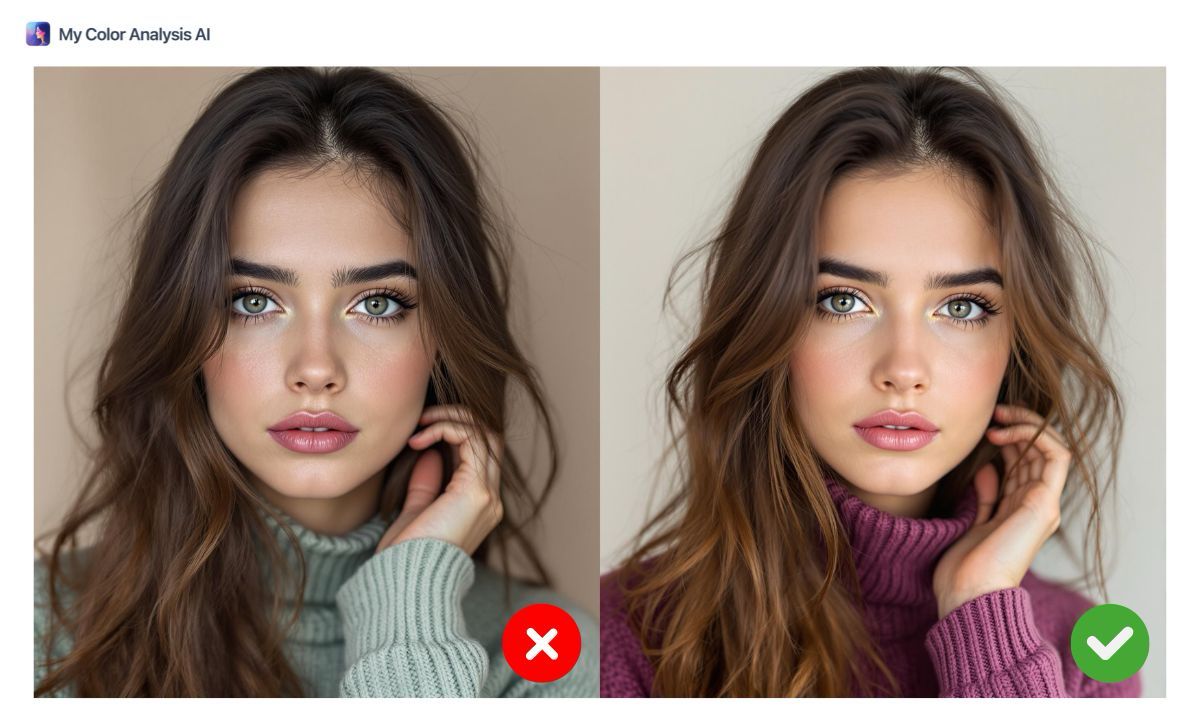
The right colors can:
- Make you look younger and more vibrant
- Reduce the appearance of dark circles and blemishes
- Make your eyes appear brighter
- Create the illusion of better skin tone
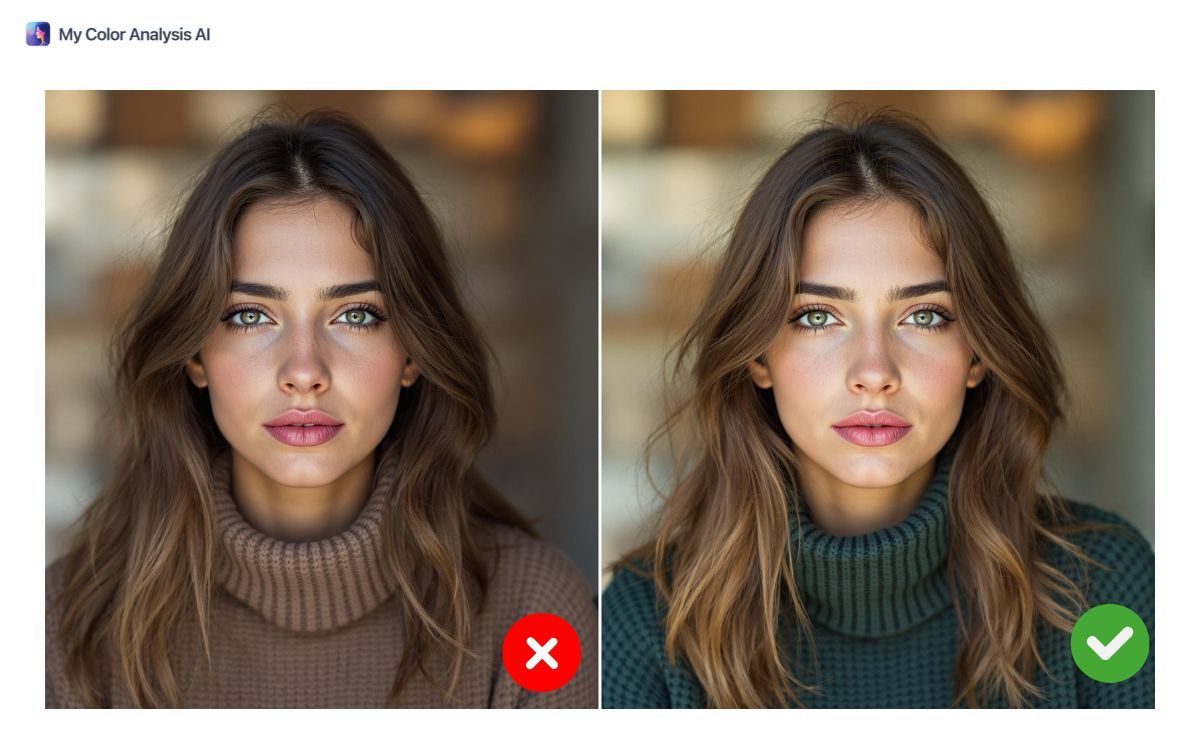
Color analysis is used by:
- Professional stylists for personal shopping
- Makeup artists for creating custom palettes
- Interior designers for home color schemes
- Corporate image consultants
- Wedding planners for bridal styling
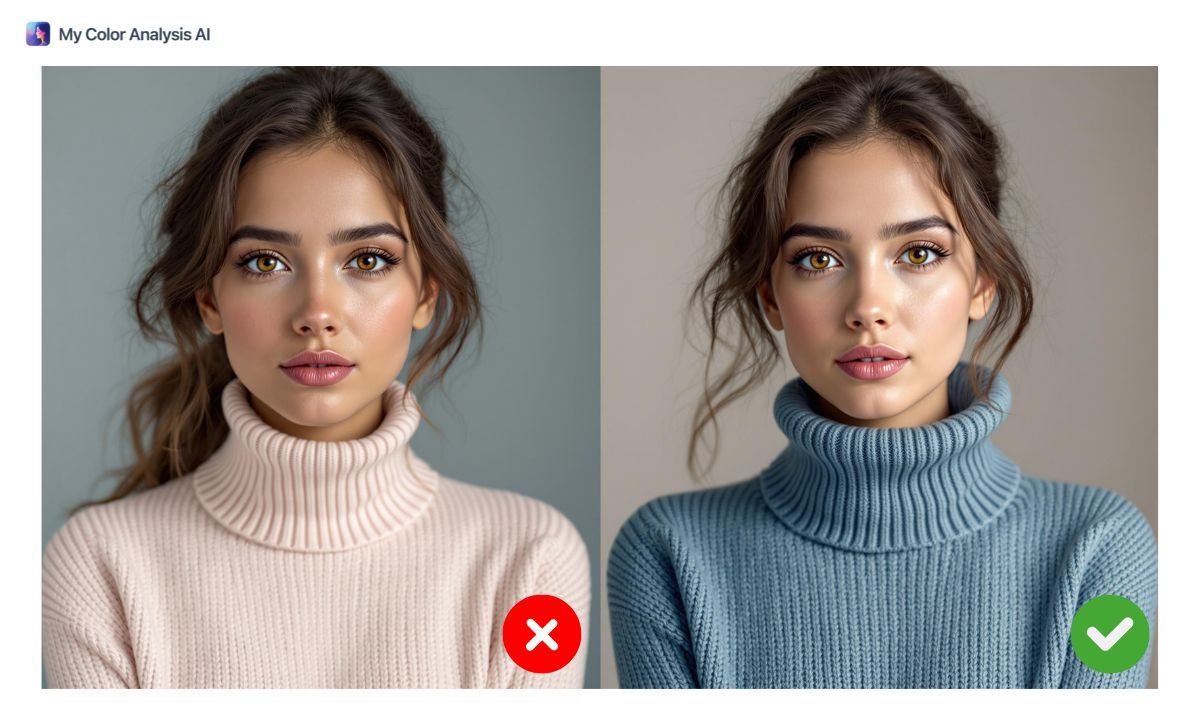
- Scientific Studies:
- Research shows that wearing your best colors can increase confidence
- Color analysis has been used in corporate branding to match company colors to executive image
Power Colors:
Studies suggest that wearing the right colors can affect how others perceive your competence:
- Navy blue: Projects authority and trustworthiness
- Charcoal gray: Conveys professionalism and sophistication
- Deep burgundy: Suggests confidence and leadership
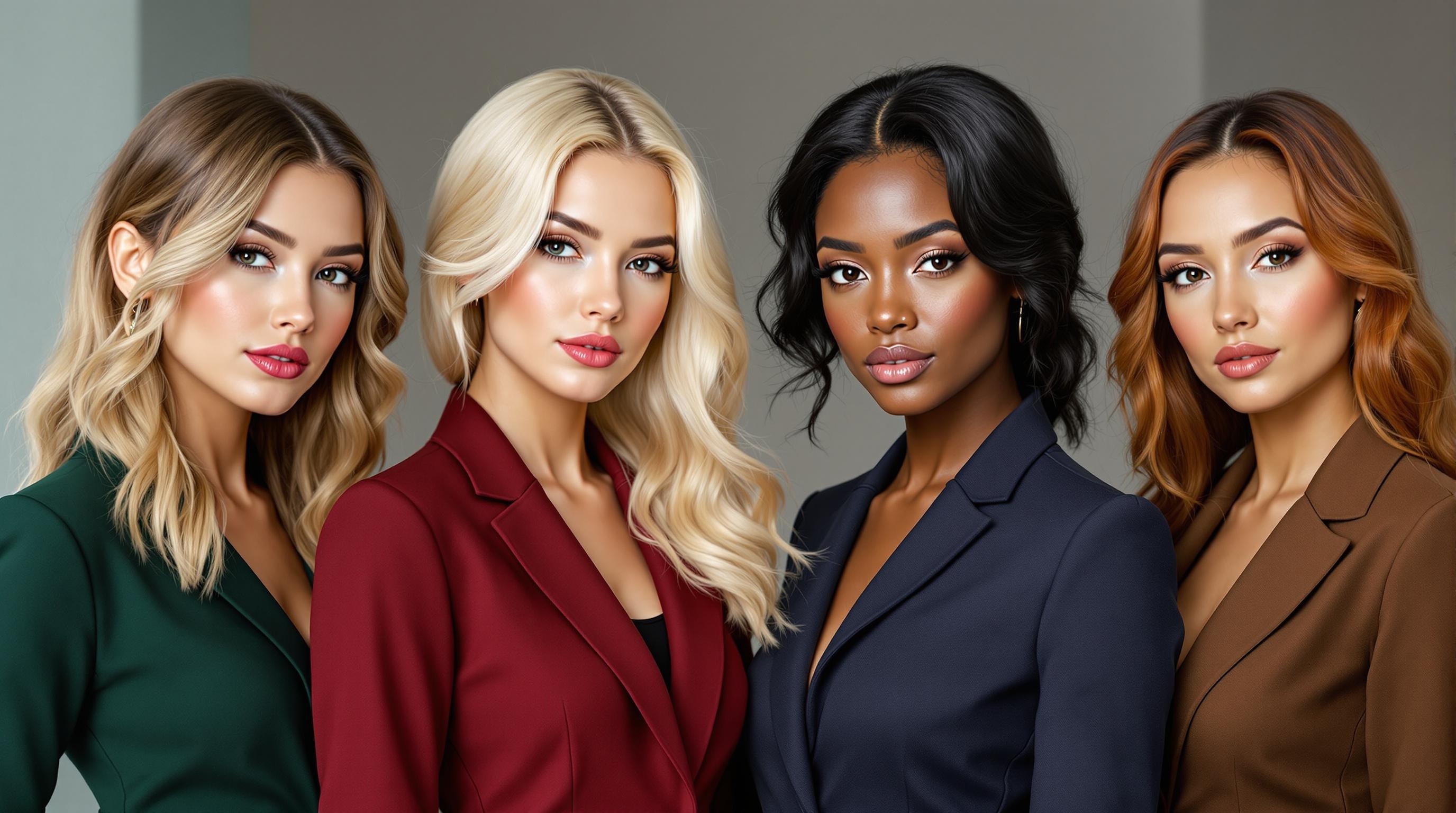
Confidence-Boosting Colors by Season:
- Spring: Warm coral and golden yellow for approachable authority
- Summer: Soft navy and rose pink for gentle confidence
- Autumn: Deep olive and rust for grounded leadership
- Winter: True red and royal blue for commanding presence
Studies and Psychological Impact:
- Research by Frank and Gilovich (1988) in the Journal of Personality and Social Psychology demonstrated that wearing black increased perceptions of aggression and authority in competitive settings
- Studies suggest that appropriate color choices in professional attire significantly enhanced perceived competence in job interviews
- Research in organizational psychology has shown that color-coordinated professional attire can positively influence perceptions of credibility and trustworthiness in business settings
Resources
For more information about your personal seasonal color analysis, visit:
Related seasonal color guides
- Spring Family:
- Summer Family:
- Autumn Family:
- Winter Family:

Article by
Natalie Bolonina
Graduated from the ESSEC Business School, Natalie is a marketing expert specializing in beauty tech.
Related Articles
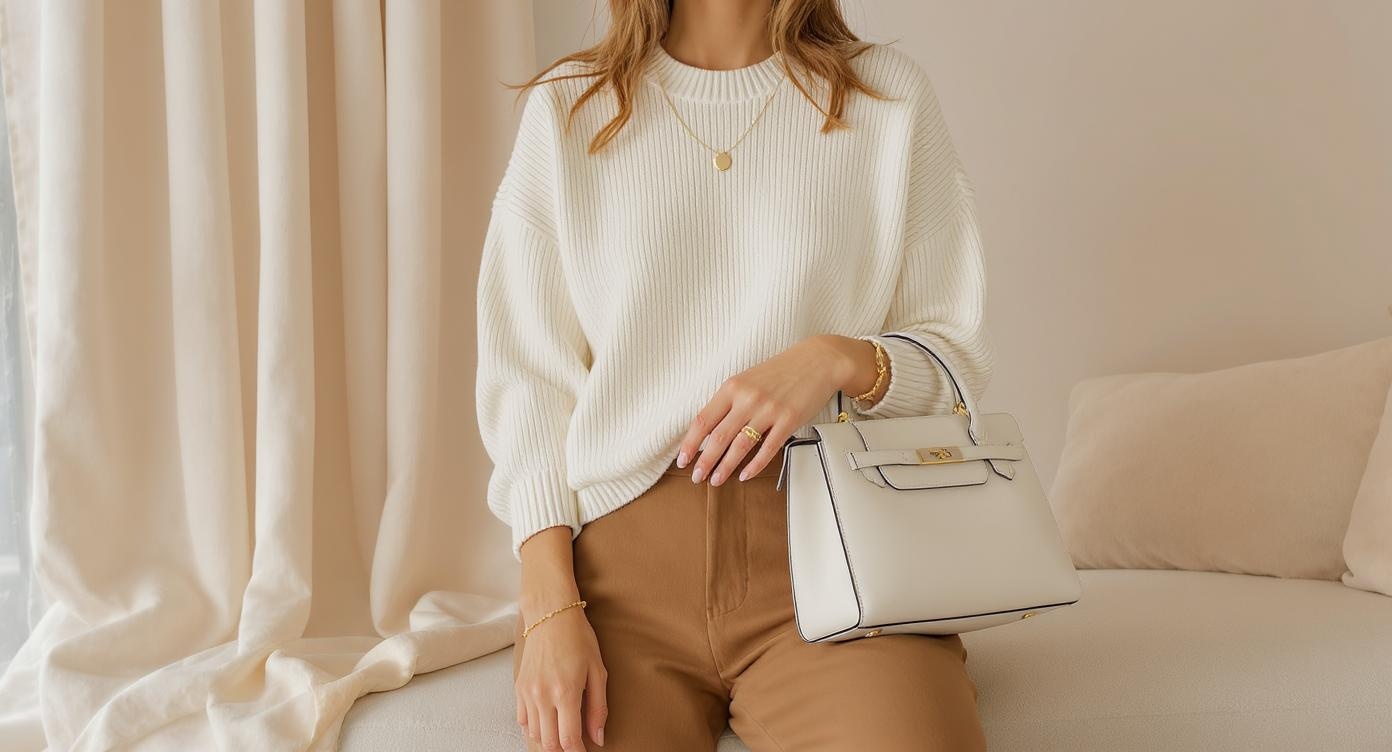
What Colors Go With Tan: 12 Chic Combinations That Always Work
Discover the best colors to pair with tan for effortlessly sophisticated outfits. From classic neutrals to bold contrasts, these expert-approved combinations will elevate your style instantly.

Dark Academia Color Palette: The Ultimate Guide for 2025 Aesthetics
Master the sophisticated dark academia color palette with our comprehensive guide. Learn expert tips for incorporating these scholarly hues into fashion, interior design, and digital spaces, complete with color codes and practical applications for 2025.
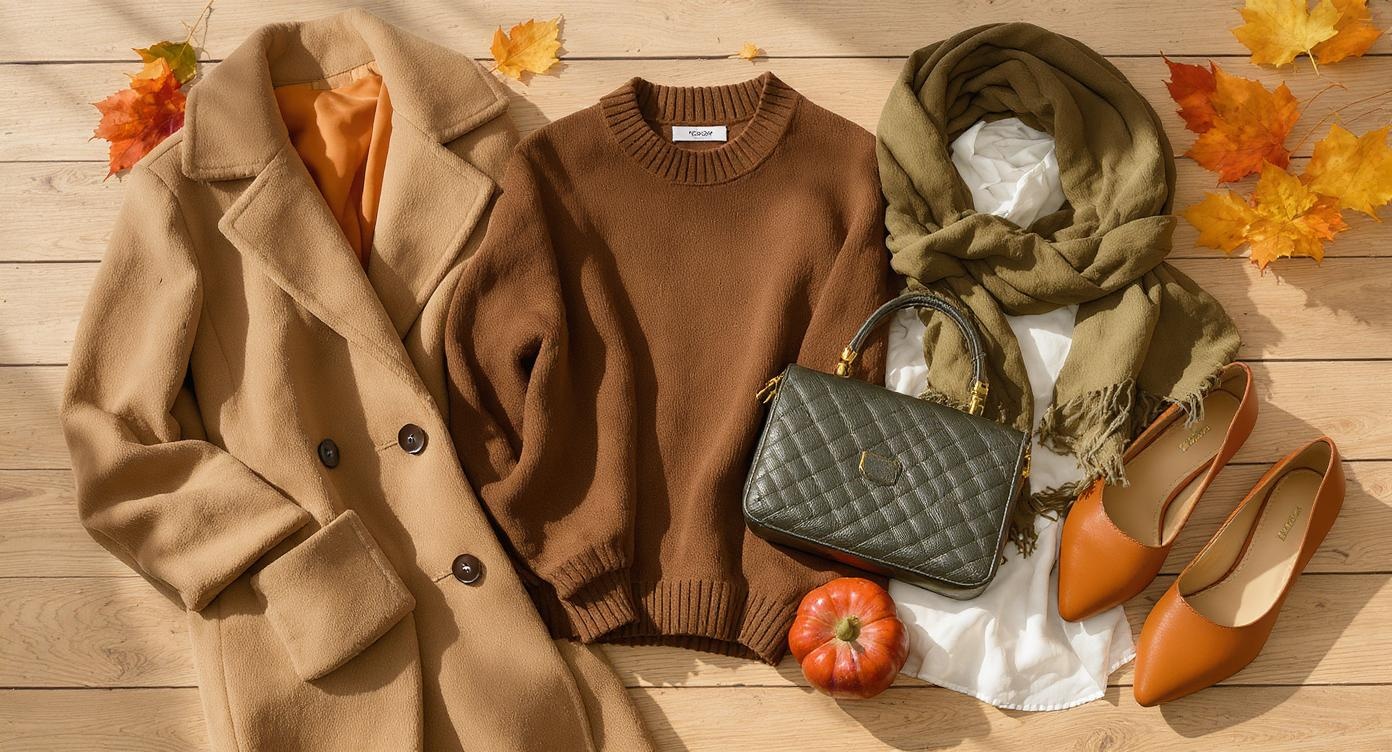
The Complete Guide to Autumn Color Palettes: Find Your Perfect Fall Colors
Discover your ideal autumn color palette with this comprehensive guide covering True, Soft, Warm, and Deep Autumn types. Learn which colors enhance your natural beauty and how to style them perfectly.
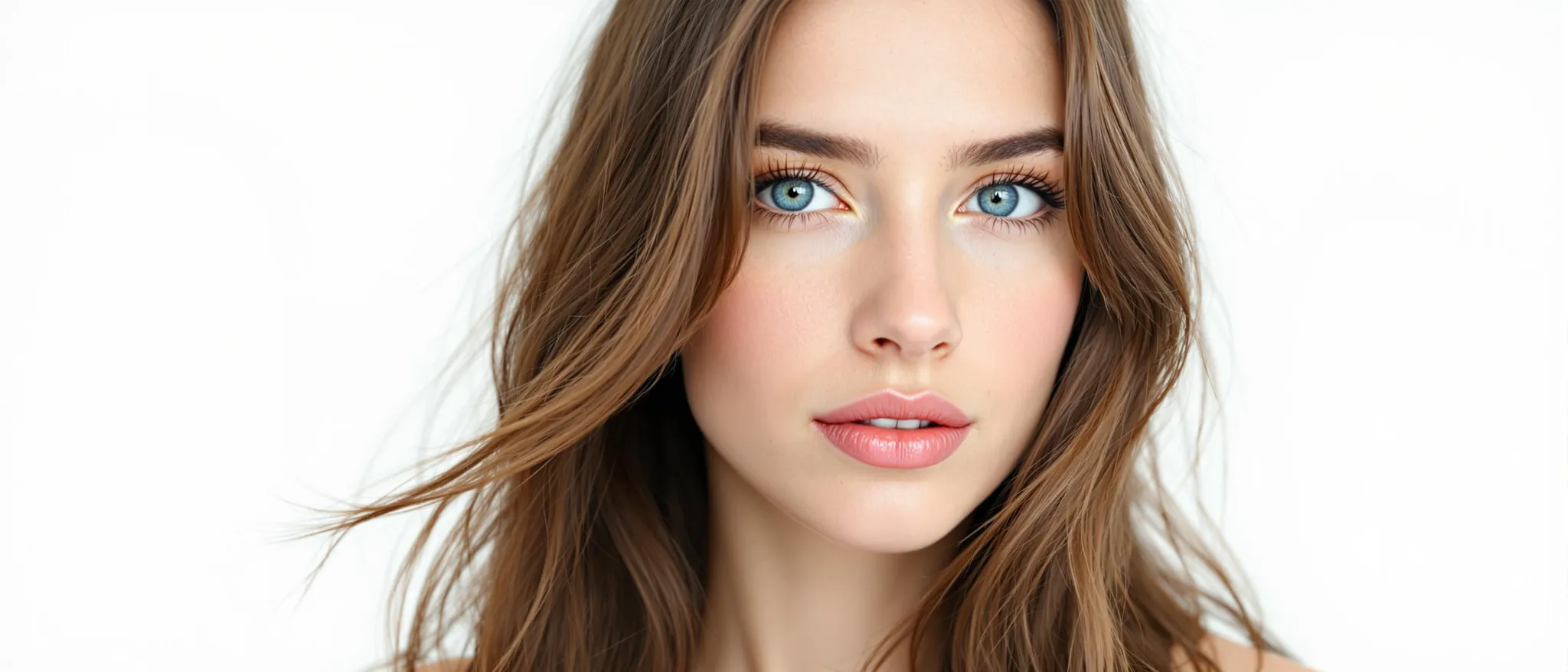
Bright Spring Color Palette: A Complete Guide to Vibrant Seasonal Colors (2025)
Discover the vivid world of the Bright Spring color palette. Learn how to identify, wear, and combine these energetic colors to enhance your natural coloring and create a harmonious wardrobe.

Soft Summer Celebrities: Ultimate Guide to Muted Cool-Toned Beauty
Discover famous soft summer celebrities and learn why their coloring perfectly represents this subtle, cool-toned seasonal palette. Find out if you share their coloring with our free color analysis tools!
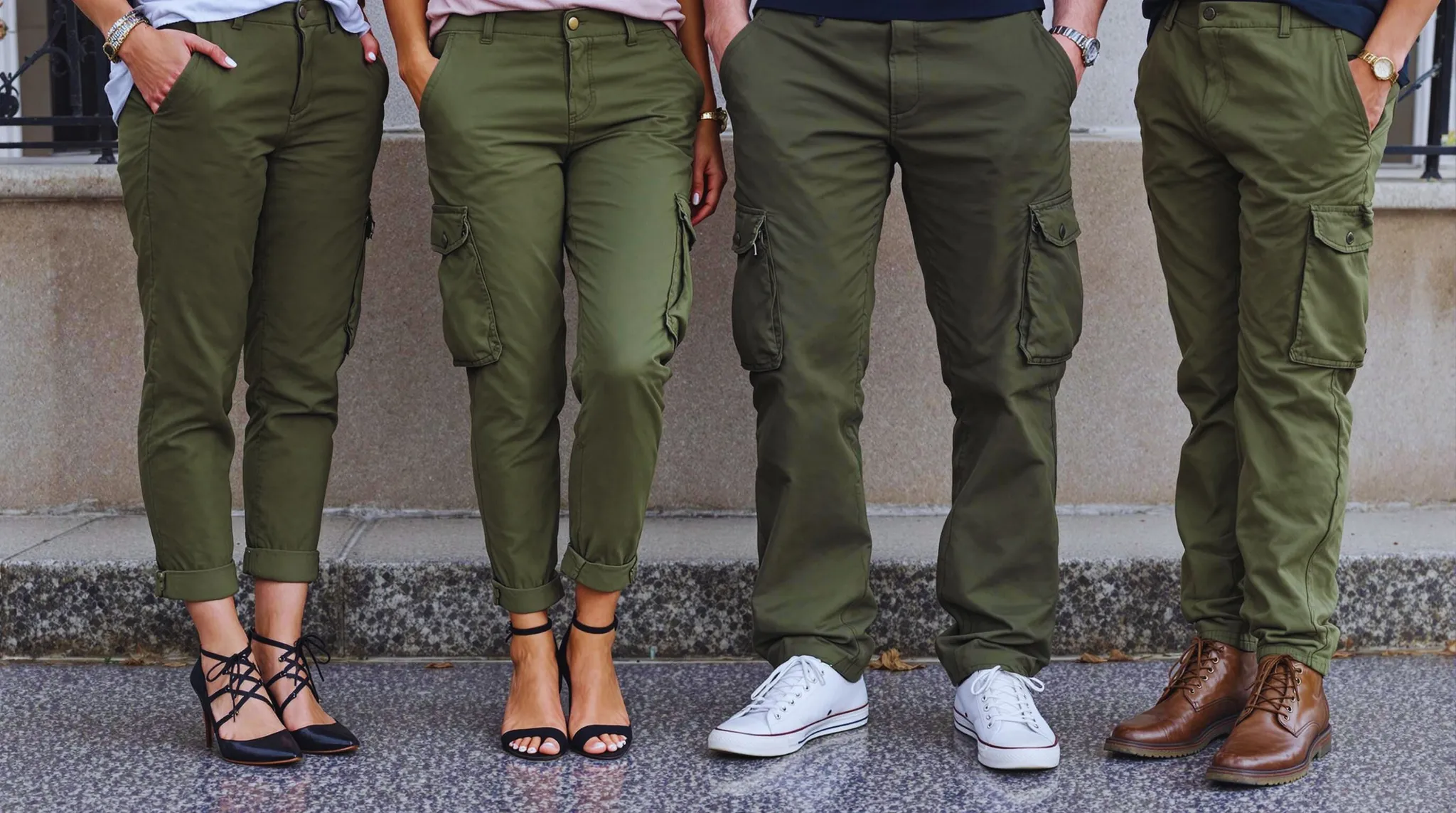
How to Style Green Cargo Pants: The Ultimate Fashion Guide
Green cargo pants have become a wardrobe staple, offering both functionality and style. Whether you're dressing them up for a casual office day or down for weekend adventures, these versatile pants can elevate your fashion game. From choosing the perfect shade of green to mastering seasonal styling, this comprehensive guide will show you how to create countless fashionable outfits that suit your personal style while staying comfortable and trendy.